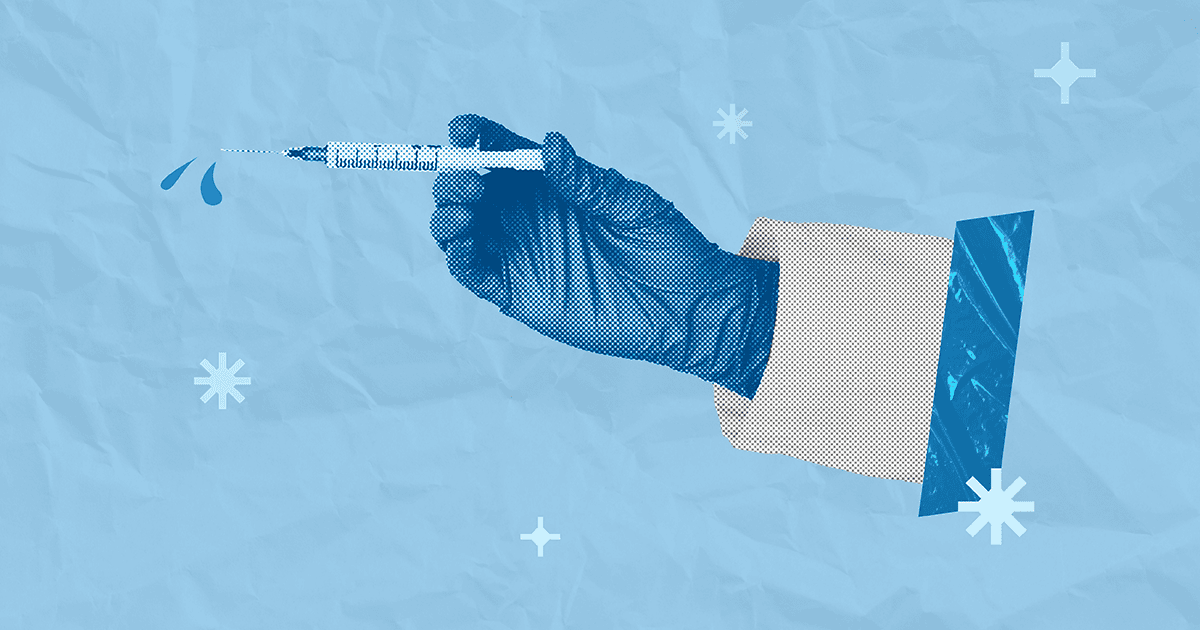What is a cnidarian (/nīdˈerēən/)? Should we care? Cnidarians, which include jellyfish, corals and sea anemones, are the closest living relatives of animals with bilateral symmetry, such as humans and other invertebrates. And we should care—both of our nervous systems use similar sets of genes in neural development.
As we know, auditory cells (hair cells) in the vertebrate inner ear pick up vibrations and enable us to hear. Sea anemones have similar cells on their tentacles, also called hair cells, that are used to sense movement, especially of their prey.
University of Arkansas researchers and several international researchers have published a paper in which they report on their discovery of a developmental gene (Ozment et al, 2021). This gene, called pou-iv (“pow four”) is linked to touch in the tentacles of sea anemones as well as hearing in humans.
Pou-iv is important for proper hair cell development in mammals. Mice that lack pou-iv are deaf (Xiang et al, 1998). Ozment (2021) and his team of researchers discovered that elimination of the pou-iv gene in sea anemones, resulted in abnormal development of hair cells on the tentacles.
The researchers conclude that the building blocks of hearing have ancient evolutionary roots dating back hundreds of millions of years into the Precambrian, the earliest of the geologic ages.
References
Ozment E, Tamvacakis AN, Zhou J et al. (2021) Cnidarian hair cell development illuminates an ancient role for the class IV POU transcription factor in defining mechanoreceptor identity. Retrieved on April 28, 2022.
Xiang M, Gao WQ, Hasson T, Shin JJ. (1998) Requirement for Brn-3c in maturation and survival, but not in fate determination of inner ear hair cells. Development 125:3935–3946
Recent Posts
Department of Education Comment Period Closes; Academy Submits Formal Comments on Professional Degree Proposal
The public comment period has officially closed on the U.S. Department of Education’s proposed regulations redefining “professional degree programs” for purposes of federal student aid….
Kentucky Legislature Considers Updates to Audiology Scope of Practice
The Academy recently submitted a letter to the Kentucky House Standing Committee on Licensing, Occupations, and Administrative Regulations regarding House Bill 444 (HB 444), legislation…
Vaccination of Older Adults in the United States
In the United States, this time of year tends to coincide with cold and flu season. As such, it seems timely for us to review…


